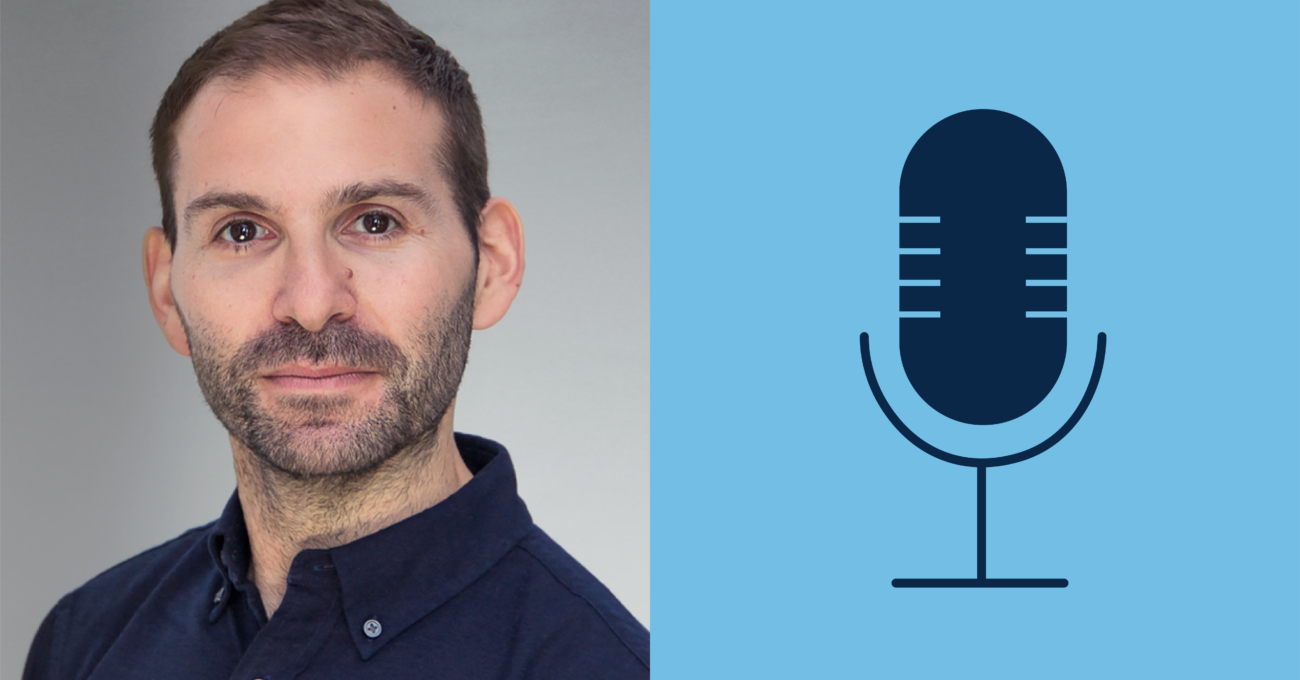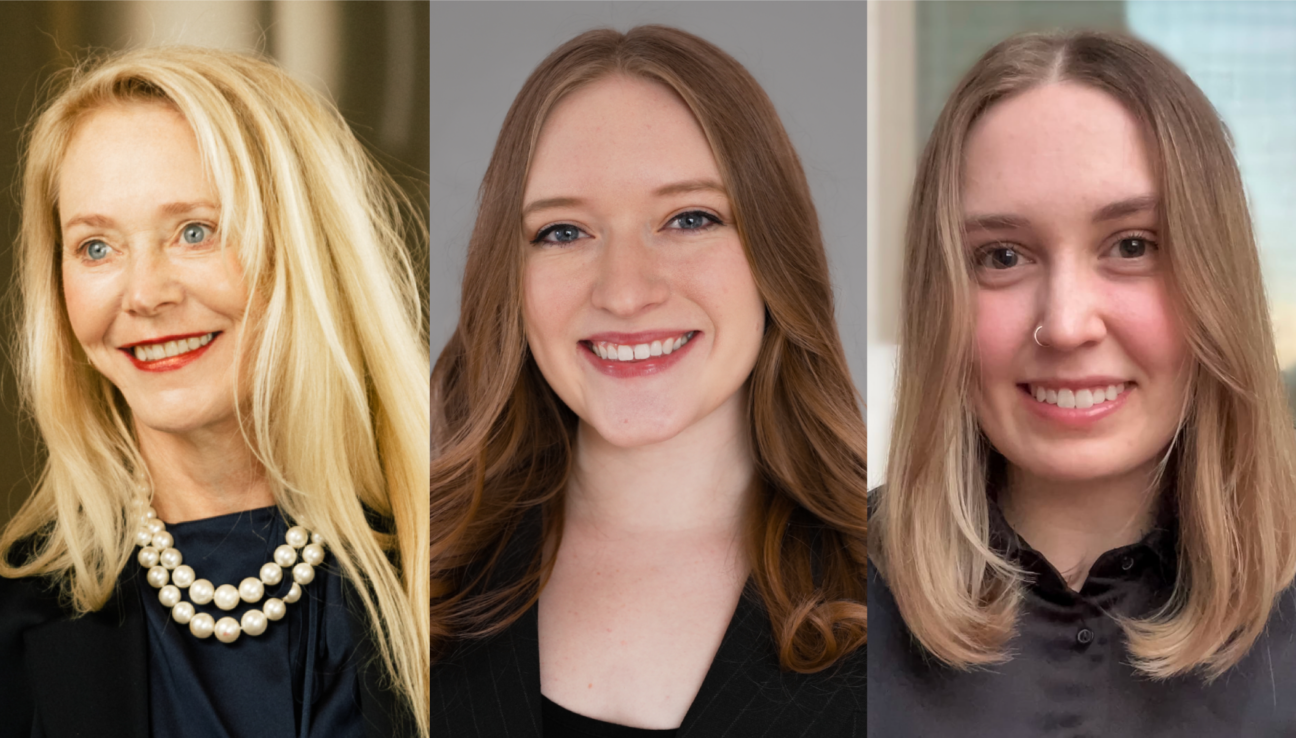
Audience behavior has changed significantly over the past few years, and pre-pandemic benchmarks are all but obsolete. If we want to adjust to the demands of today’s market, we need updated markers for success.
Enter: CI’s brand-new Cultural Compass study. We pulled from our own bank of campaign data that spans over 150 client organizations to uncover the latest digital marketing benchmarks and emerging trends for our industry. In this episode, lead researcher and Senior Consultant Ali Blount discusses the biggest surprises in her analysis of more than 7,000 digital campaigns, and previews key findings to inform your FY25 media planning.



